Stanford University Must Restore a Culture of Free Expression
61% of Stanford students surveyed by FIRE report censoring themselves on campus.
Free Expression is in Trouble at Stanford
Stanford University is having a hard time protecting the freedom to express ideas and explore different ways of thinking on campus. A group of administrators recently issued a controversial “Elimination of Harmful Language Guide,” stoking fears that speech and ideas could be subject to censorship. It also created an anonymous online system that invites people to report others who say things they find offensive. In recent years, faculty members have been denounced for expressing unpopular views, and the university’s Constitutional Council initially denied the Stanford College Republicans’ funding request to host a former vice president. Only after public backlash did it reverse its decision.
But there’s hope!
Stanford can become a place where people share their ideas freely if the university meets ACTA’s Gold Standard for Freedom of ExpressionTM. Stanford’s leaders should start by adopting three policies developed at the University of Chicago:
1. The Chicago Principles on Freedom of Expression, which state that everyone at a university should have the freedom to speak, write, listen, challenge, and learn.
2. The Kalven Report, which holds that a university must not take sides on social and political issues because doing so chills the free expression of individuals on campus.
3. The Shils Report, which explains that universities should hire and promote the best people for teaching and research regardless of their political views.
By adopting these wise policies—and by ending efforts to encourage anonymous reporting of others for expressing different points of view—Stanford would improve education for its students and ensure its continuing reputation as a leader in open scientific inquiry and technological innovation.
What is the Gold Standard?
- Adopt the Chicago Principles on Freedom of Expression or a similarly strong statement.
- Establish clear expectations regarding free expression in student, faculty, and staff handbooks and codes of conduct.
- Include a free expression unit in new-student orientations.
- Protect the diversity of political viewpoints by adopting an institutional neutrality policy such as the Kalven Committee Report.
- Sponsor campus debates that model civil discourse.
- Encourage establishment of student groups promoting free expression.
- Protect the rights of invited speakers and listeners to engage with controversial ideas.
- Establish and enforce consequences that deter disruption of sponsored speakers, events, and classes.
- Encourage presidents, provosts, and deans to model respect for a broad range of viewpoints.
- Guarantee that viewpoint diversity is reflected in student life policies and practices.
- Support academic centers dedicated to free inquiry and intellectual diversity.
- Make intellectual diversity a stated goal in faculty hiring, evaluation, and promotion.
- Eliminate speech and IT policies that have a chilling effect on free expression.
- Ensure that Title IX and other disciplinary procedures do not infringe on free expression.
- Disband bias response teams.
- Review student government policies to ensure viewpoint neutrality in student group recognition and funding.
- Incorporate explicit policies of free expression in governance bylaws and other key institutional documents.
- Include a commitment to free expression as a criterion for presidential searches and evaluations.
- Require free expression and viewpoint diversity training for administrative staff.
- Conduct regular evaluations of the state of free expression and intellectual diversity on campus.
Stay up to date!
If you’re concerned about the direction Stanford is headed, sign up today to receive updates on our efforts to protect free expression and intellectual diversity on campus.
Free Your Campus, Free Your Mind
“The mission of the university is the pursuit of truth and the advancement and dissemination of knowledge. A robust culture of free speech and academic freedom is essential to that mission: Intellectual progress often threatens the status quo and is resisted. Bad ideas are weeded out only by unfettered critical analysis.”
RECENT
DEVELOPMENTS
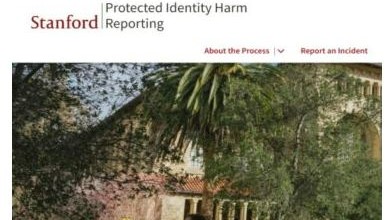 Amid national pressure, Stanford walks back ‘Orwellian’ Protected Identity Harm reporting system
Amid national pressure, Stanford walks back ‘Orwellian’ Protected Identity Harm reporting system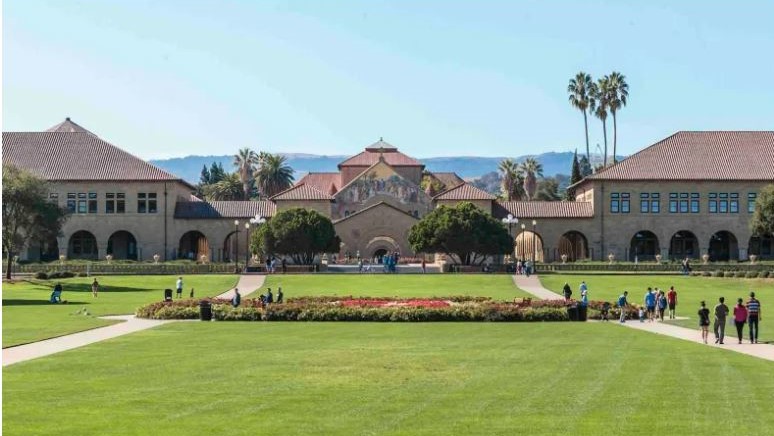 Stanford University’s Pernicious Snitching Apparatus
Stanford University’s Pernicious Snitching Apparatus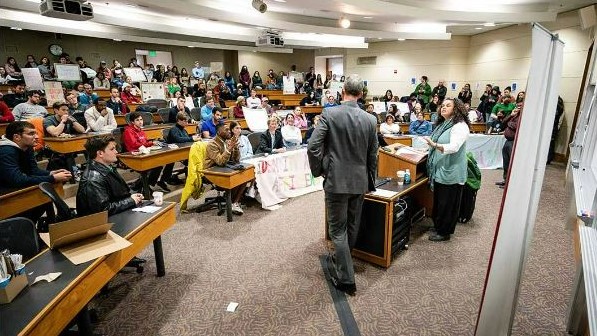 Stanford needs more than words to protect free speech
Stanford needs more than words to protect free speech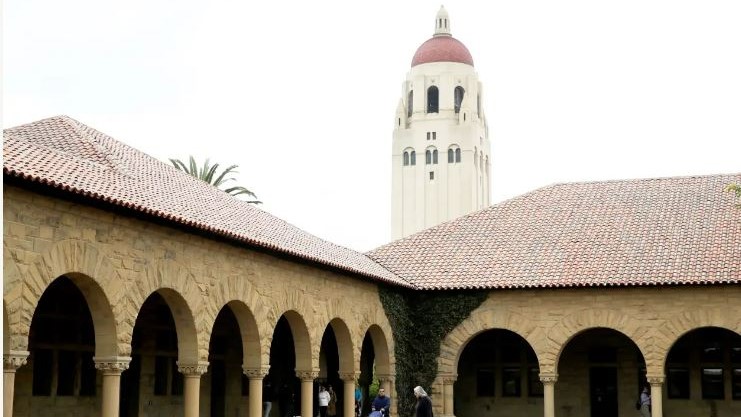 How Stanford Failed the Academic Freedom Test
How Stanford Failed the Academic Freedom Test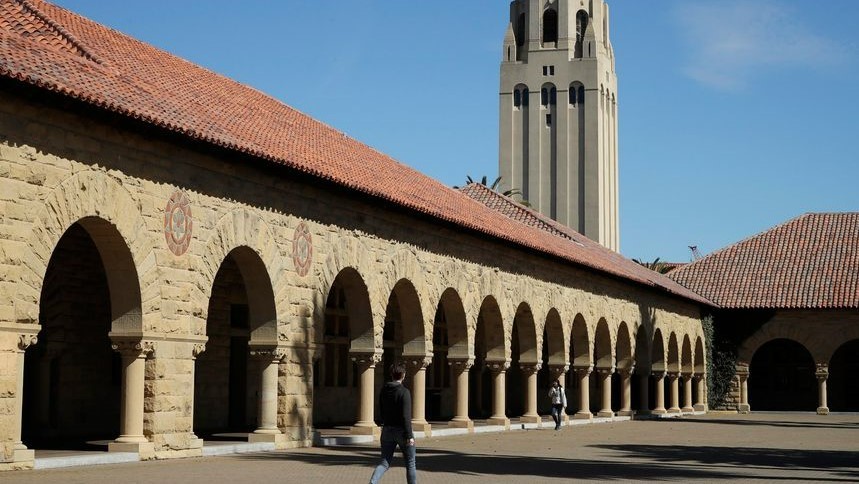 The Stanford Guide to Acceptable Words
The Stanford Guide to Acceptable Words Divisive Academic Freedom Conference Proceeds
Divisive Academic Freedom Conference ProceedsWHO WE ARE
Launched in 1995, we are the only organization that works with alumni, donors, trustees, and education leaders across the United States to support liberal arts education, uphold high academic standards, safeguard the free exchange of ideas on campus, and ensure that the next generation receives an intellectually rich, high-quality college education at an affordable price.
Discover MoreSTAY INFORMED
Sign up to receive updates on the most pressing issues facing our college campuses.